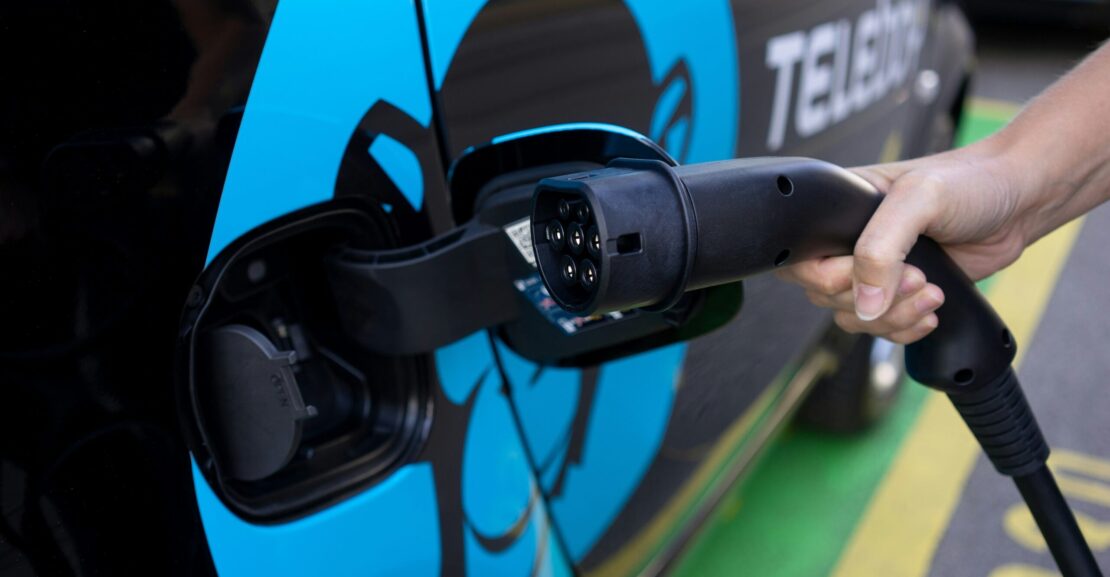The History and Development of Fuel Cars
The journey of fuel-powered cars began in the late 19th century with the invention of the internal combustion engine. Pioneers such as Karl Benz and Gottlieb Daimler played pivotal roles in this innovation, leading to the creation of the first practical gasoline-powered vehicles. The early 20th century saw rapid advancements, with Henry Ford’s introduction of the assembly line significantly lowering the cost of production and making cars accessible to a broader population.
The rise of diesel-powered vehicles marked another significant milestone in the evolution of fuel cars. Invented by Rudolf Diesel in the 1890s, the diesel engine offered greater efficiency and reliability, which made it particularly popular in commercial and heavy-duty applications. The economic benefits of diesel engines, including better fuel economy and durability, contributed to their widespread adoption, especially in the trucking industry.
World War II had a profound impact on automotive technology. The war effort spurred innovations in engine design, materials, and manufacturing processes. Post-war, these advancements found their way into civilian vehicles, leading to more powerful, reliable, and efficient fuel cars. The establishment of global oil markets during this period also played a crucial role in the proliferation of fuel cars, as it ensured a steady supply of gasoline and diesel, supporting the growth of the automotive industry.
The economic boom of the mid-20th century further accelerated the proliferation of fuel cars. With increased industrialization and urbanization, cars became an integral part of daily life, symbolizing freedom and progress. However, by the late 20th century, environmental concerns began to emerge. Issues such as air pollution and the finite nature of fossil fuels started to challenge the dominance of fuel cars, prompting the search for more sustainable alternatives.
The history and development of fuel cars is a testament to human ingenuity and the relentless pursuit of progress. From the invention of the internal combustion engine to the rise of diesel power and the challenges of environmental sustainability, fuel cars have played a pivotal role in shaping modern society. As we look to the future, the legacy of these innovations will undoubtedly influence the next generation of automotive technology.
Current Trends and the Future of Fuel Cars
The current market for fuel cars is characterized by a dynamic interplay of sales trends, consumer preferences, and regulatory pressures. Despite the growing popularity of electric vehicles (EVs), fuel cars still hold a significant share of the automotive market. Recent sales data indicate a steady demand for fuel-efficient models, driven by rising fuel prices and heightened environmental awareness among consumers. Additionally, stricter emissions regulations in many regions are pushing automakers to innovate and improve the fuel efficiency of their vehicles. This has led to the adoption of advanced technologies such as turbocharging and hybrid systems.
Turbocharging is one of the key advancements in fuel car technology. By increasing the amount of air that enters the engine, turbochargers enhance combustion efficiency and power output, enabling smaller engines to deliver greater performance while consuming less fuel. Hybrid systems, which combine internal combustion engines with electric motors, further boost fuel efficiency by allowing vehicles to run on electric power during low-speed driving and seamlessly switch to the combustion engine for higher speeds. These systems not only reduce fuel consumption but also lower emissions, making them a popular choice among eco-conscious consumers.
In addition to these technologies, the development of alternative fuels such as biofuels and synthetic fuels is gaining momentum. Biofuels, derived from renewable biological sources like plant oils and animal fats, present a more sustainable option compared to traditional fossil fuels. Synthetic fuels, produced through chemical processes using carbon dioxide and hydrogen, offer another promising avenue for reducing the carbon footprint of fuel cars. However, the widespread adoption of these alternative fuels depends on advancements in production processes and infrastructure development.
Fuel cars face stiff competition from electric vehicles and hydrogen fuel cell vehicles, each with its own set of advantages and disadvantages. EVs are celebrated for their zero tailpipe emissions and lower operating costs, but they are limited by battery range and charging infrastructure. Hydrogen fuel cell vehicles, on the other hand, offer quick refueling times and long driving ranges, yet the lack of hydrogen refueling stations remains a significant barrier. In contrast, fuel cars benefit from an established refueling infrastructure and longer driving ranges, but they are increasingly scrutinized for their environmental impact.
Looking ahead, the future of fuel cars will likely be shaped by several factors, including technological advancements, regulatory changes, and shifts in consumer behavior. Continued innovation in fuel efficiency and emissions reduction technologies will be crucial for fuel cars to remain relevant. Additionally, evolving regulations aimed at curbing greenhouse gas emissions will drive further improvements in fuel car performance. Consumer preferences are also expected to play a pivotal role, with a growing trend towards more environmentally friendly transportation options. As such, the trajectory of fuel cars will depend on their ability to adapt and innovate in an increasingly competitive and eco-conscious automotive landscape.

